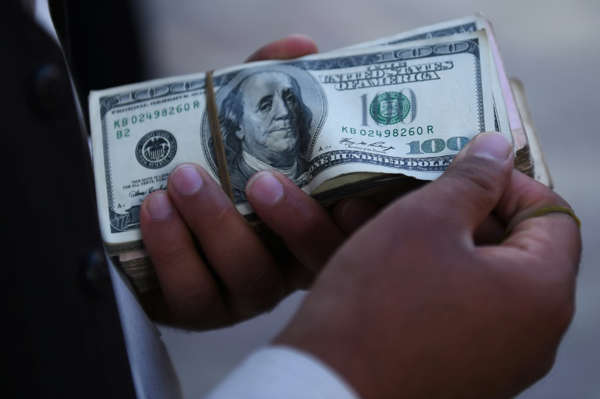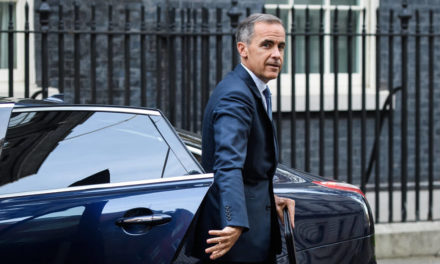In light of the recent crisis in Afghanistan, the US government needs to figure out how to keep the country from becoming a haven for global terrorists. But there’s something that stands in the way of a viable solution: the Taliban’s well-known aversion to banks and other international financial institutions.
Under ordinary circumstances, the US Treasury Department goes through global banks and similar institutions whenever it comes to the negotiating table. In this case, the Treasury is willing to lift trade and economic sanctions to secure rights protection for Afghan women and ethnic minorities in the country.
Hawala: When traditional methods become complications
However, the notoriously bank-shy Taliban prefer to deal with actual cash through a traditional financial procedure called hawala, which mainly depends on mutual trust between two transacting parties.
According to Alex Zerden who served as the US Treasury attaché to Kabul between 2018 and 2019, the recent Taliban takeover could severely reverse any gains the US has achieved to regulate hawala for the past two decades.
Zerden worries that this could mean that Afghanistan could become a regional hub for money laundering and the very real possibility that the Taliban would open the country to the likes of al-Qaeda and nascent terrorist groups as a safe haven.
These concerns echo a report made by the Treasury back in January which pointed out that the Taliban continue to have regular meetings with al-Qaeda officials, raising further concerns that the terrorist group is gaining strength in the country.
It should be noted that the US government has called out several hawala agencies for helping a number of terrorist groups shift significant amounts of money throughout the region.
Afghan assets remain safe
Da Afghan Bank (DAB) chief executive Ajmal Ahmady, who was among numerous refugees who fled the country following the Taliban takeover, reports that Taliban officials have asked his staff where they have kept the bulk of Afghanistan’s financial assets.
Ahmady posted on Twitter on Wednesday, August 18th, to assure people that Afghani national funds have not been compromised and that liquid assets such as gold, among others, remain safe.
He added, however, in an interview that the Taliban has its work cut out for them: the new government will need to mitigate the impact that economic sanctions by the US and other nations will have on the Afghan economy.
Despite intervention, Afghanistan’s economy has failed to rally
While the US tried to use its presence in Afghanistan to improve its economic and financial sectors, there seems to have been no progress with regard to the adaptation of modern banking solutions in much of the country.
According to the most recent World Bank global economic performance report, 74% of the Afghan population lives in poverty in underdeveloped rural areas with no access to financial instruments such as micro-financing or community banking.
The afghani, Afghanistan’s national currency, is not even considered when it comes to international trade. This explains why the country is primarily dependent on US dollars and why hawala continues to be practiced.














